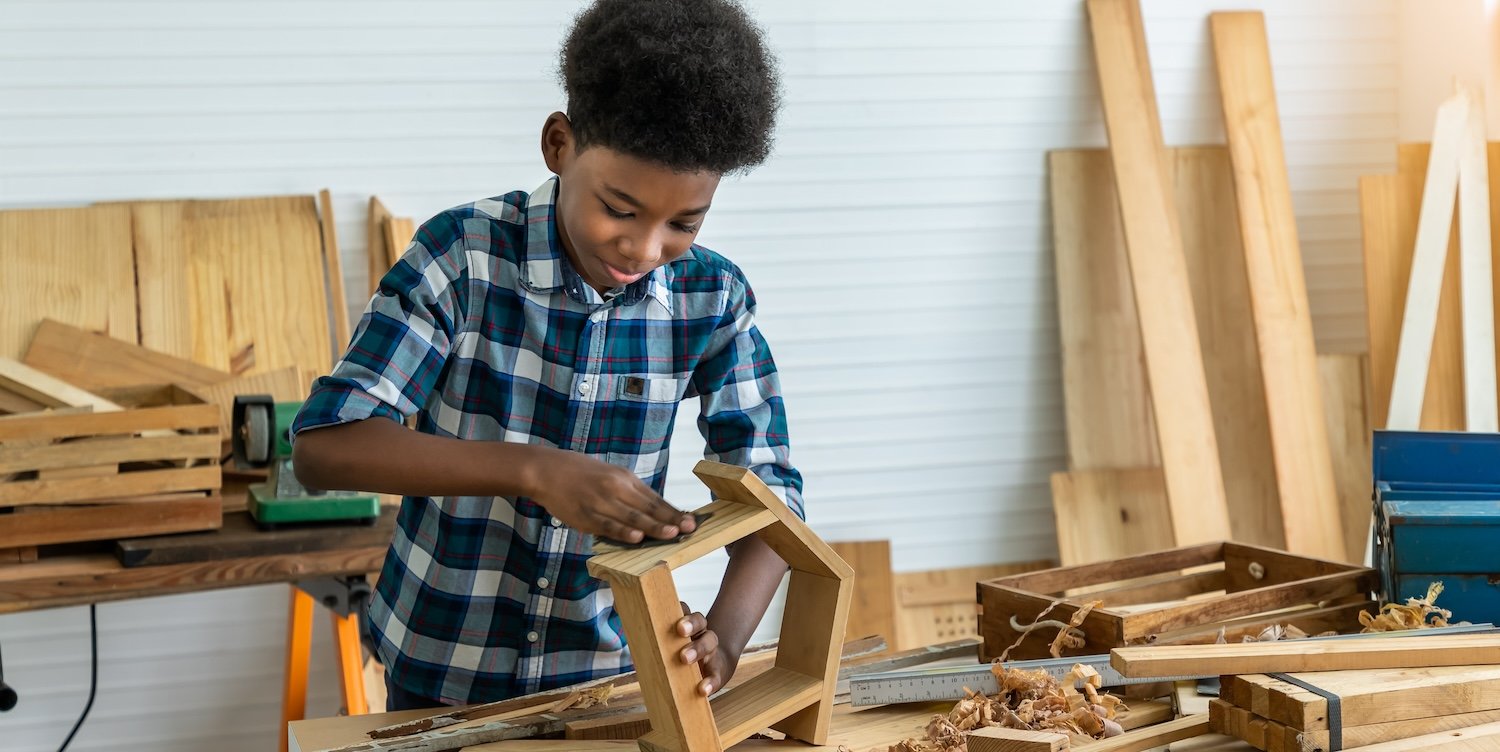Writing from Scratch: Why Boys Need to Generate Their Own Writing Ideas

Let me start with a memory. Many years ago, I asked my mother for our coveted, family spaghetti sauce recipe. "There is no recipe," she replied. "I make it from scratch each time. You'll just have to come over and watch." So, I did. I learned that she used fresh tomatoes (whatever's on hand), a few "fistfuls" of cheese, and a bit of garlic, basil, and sugar (just taste test it!). I furiously wrote everything down, all the while wondering how I was going to recreate her infamous sauce with this fuzzy road map. I asked her how she became so skilled at cooking from scratch. She replied, "out of necessity. We had a big family and little money growing up. We had to create meals with whatever we had on hand."
Fast forward to today where I teach writer’s workshop to elementary school boys. I think about my mother a lot whenever I'm teaching. As I read each boy's writing, I can immediately tell if it's "from scratch," that is, if the boy owned the piece from idea conception to final draft: the writing is colorful, alive, and full of heart; the boy knows his intentions and will even disagree with suggestions I may make; and mostly, he is proud! I treasure these pieces, and ask myself, "should we require our boys to write from scratch more often?"
The answer is yes! Research is clear that boys benefit greatly from generating their own ideas, as opposed to being given a topic or writing from prompts. Ralph Fletcher, author of Boy Writers: Reclaiming Their Voices, states that "boys crave choice when they write... let's bring choice back to the writing classroom. Just let them write. I don't know a better first step to create an environment that will engage our boy writers."
As learners, boys love to be challenged, and they thrive when they have a sense of purpose. Finding their own topics supports both of those needs. Writing from scratch also gives boys confidence, even more so if we let them choose their genre too, be it narrative, comic, graphic novel, essay, poetry, lyrics, or a piece that blends writing and technology. Finally, generating their own ideas allows boys to experience the whole writing process, which in turn hones thinking and observational skills.
So, what are some ways you can encourage your children to get their creative juices flowing? Here is the advice I give boys on becoming savvy at generating writing ideas:
Learn to become observant in your daily life.
Ideas come from anywhere and everywhere. The trick is to train yourself to view your world with a "writer's eye." The funny mishap at the lunch table could make a terrific story. The know-it-all, off-beat salesclerk at the electronics store could be the inspiration for a lead character. Learn to see the potential for writing as you move throughout your day.
Read, read, read!
This has been hammered into you since the start of your school life, but I must emphasize it again. Read all genres of literature. Read news articles, poetry, song lyrics, biographies. Decide what genres and authors’ styles you like, then study their work. Be inspired by them. Find videos of authors speaking about how they brainstorm ideas. Learn how they became good at it. Here are a few good videos to get you started:
Remember – never copy an author's work. Study your favorite authors and develop your own writing style.
Be aware of current events.
Have a place to record ideas as they come to you.
Ask yourself, "what if...?" and play with scenarios that come to mind.
Write about yourself, your life.
Make Lists
What can you solve?
Bingo. The author wrote his piece from scratch, with his own ideas, from his heart, and wow, could we tell. All the board members agreed on its worthiness, we accepted the submission, and the boys on our editorial board saw firsthand the importance of generating their own writing ideas.
Ruth Culham, the author of The 6 + 1 Traits of Writing, sums it up best. "As we teach students to look at the world through a writer's eyes and validate what they see, they become skilled observers, marvelous storytellers, and conscientious recorders of information. They think actively about how the world works, what issues matter to them most, and what beliefs they hold."
Subscribe to the Boys Education Series on iTunes or Stitcher
Patty Dowd is the coordinator of middle school student enrichment at University School, a position she has held since she joined the faculty in 2007. She directs the school's Junior Research Fellows independent study program and heads the Center for Excellence, which serves the exceptional needs and interests of middle school students. Patty received her M.Ed. from Notre Dame College and her B.A. from Ohio University.


%202.jpeg)
